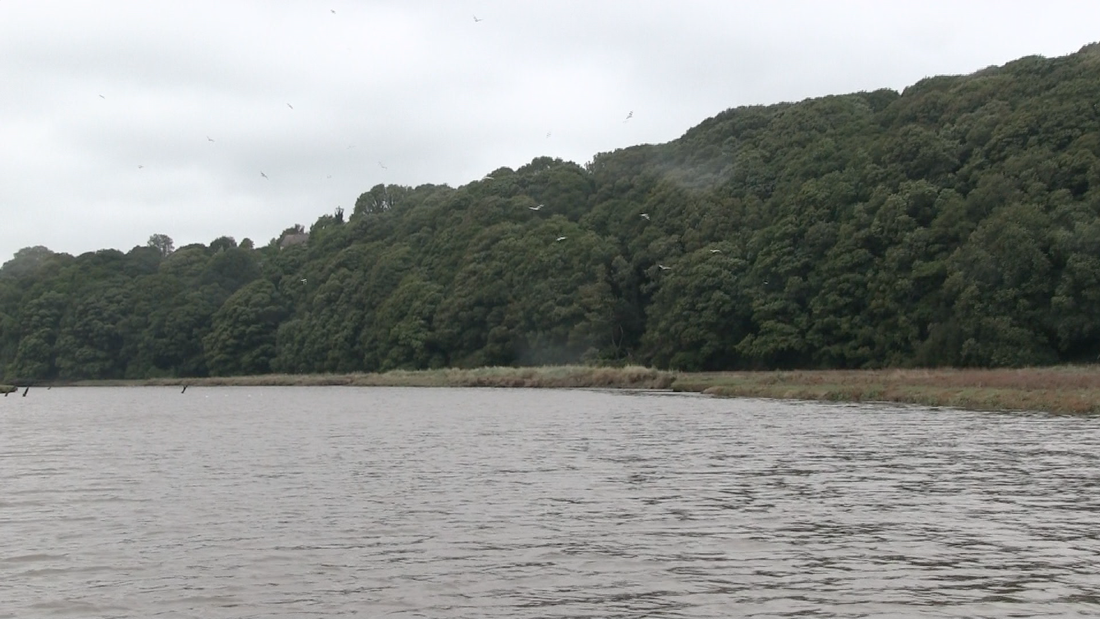Leonardo had a thing for water, the “vehicle of nature” as life-giver and taker, and its natural cycle’s metamorphoses and constant shaping work (often represented in his paintings as rivers running across the wilderness of rocky landscapes). Indeed this workshop has made me reflect on the essence of water not as an abstract, chemical entity, but as a “vehicle of nature”. I felt this quite clearly during our boat trip on the Torridge, particularly once we left behind Appledore’s port, with its engineered banks and crowding boats, and we started encountering immense trees and rolling fields, and many species of bird going about their daily life along the sinuously narrowing river.
One of my favourite quotes from Leonardo is:
Study the science of art. Study the art of science. Develop your senses, especially learn how to see. Realize that everything connects to everything else


 RSS Feed
RSS Feed
